In early 2024, Carlos Kelly stepped into his role as the Chief of Police and Director of Public Safety at the University of the District of Columbia (UDC) with a mission to overhaul a troubled campus police department. Less than a year later, Kelly was fired—abruptly and, according to him, without explanation. The decision followed his efforts to eliminate overtime abuse, enforce disciplinary action, and report alleged time theft to outside authorities.
Now, Kelly claims he was retaliated against for uncovering systemic misconduct, and his case is raising uncomfortable questions about accountability within the university’s leadership.
Reform, Resistance, and Resignation
Kelly’s short tenure was marked by swift changes. He restructured officer schedules to reduce unnecessary overtime, canceled a private security contract, and launched internal investigations into misconduct. By his own estimate, these reforms saved the university roughly $1 million in a single year.
But the changes didn’t sit well with everyone.
Several officers filed complaints against him and allegedly circulated a dossier aimed at discrediting his qualifications and background. One lieutenant, later fired, was recorded threatening violence against Kelly using a racial slur. Meanwhile, Kelly continued to discipline or terminate officers for bullying, manipulation of work schedules, and time fraud.
“I wasn’t trying to make enemies,” Kelly testified to the D.C. Council’s Committee of the Whole in March. “I was trying to clean up a broken department.”
The Focus Turns to UDC Leadership
At the heart of Kelly’s complaint is what he calls a “cover-up” by university leadership, particularly Chief Operating Officer David Franklin. According to Kelly, he discovered evidence that Sgt. Scott Thompson, a long-serving officer, was regularly falsifying his time cards and accumulating large amounts of unjustified overtime pay. Thompson reportedly earned $57,000 in overtime in one year—more than any other UDC employee.
Kelly says that when he tried to report the evidence to the Office of the Inspector General (OIG), Franklin told him to wait. Franklin then canceled all meetings with Kelly for the next four and a half months, effectively stonewalling the report.
Finally, Kelly scheduled a meeting with UDC President Maurice Edington to discuss the issue. On the same day that meeting was to occur, he was fired.
A Culture of Misconduct?
A 13-page summary prepared by Kelly and submitted to the Council outlines what he claims is a pattern of misconduct within the department. Among the highlights:
-
Manipulated schedules that allowed favored officers to claim overtime
-
Allegations of harassment, bullying, and abuse by Sgt. Thompson
-
Complaints from fellow officers describing a toxic workplace culture
-
Failure by UDC leadership to take recommended disciplinary action
Kelly reported that UDC’s HR department had originally recommended Thompson’s termination following a misconduct investigation. But according to internal emails obtained by City Paper, Franklin stepped in to reduce the discipline to a nine-day suspension and mandatory anger management classes.
Later, Kelly gathered documentation showing that Thompson repeatedly clocked in late while falsely reporting his presence over the radio. Despite video evidence, timecard discrepancies, and witness reports, Franklin continued to obstruct any meaningful disciplinary action, Kelly claims.
Thompson, in response, has denied the allegations and threatened legal action, stating he was never formally disciplined, charged, or investigated. He further accused Kelly of resume embellishment and misconduct, though UDC’s HR department previously found such claims “unfounded.”
Termination and Whistleblower Retaliation
After being fired in February 2025, Kelly appeared before the D.C. Council in March to share his story publicly. Though Council Chair Phil Mendelson listened and thanked him, no questions were asked about the core allegations of corruption or retaliation.
Mendelson later said that he had forwarded the matter to the inspector general and had contacted President Edington, who claimed an internal investigation was underway. UDC declined to comment on the investigation directly, citing personnel confidentiality.
Kelly, however, says he’s received no updates from the university or the Council regarding the status of his complaint. He has filed formal allegations with the Board of Ethics and Government Accountability and the OIG.
A Broken System?
Kelly remains critical of how the university has handled the fallout.
“They started an investigation without even speaking to me,” he said in an interview. He was contacted for a follow-up interview in April but claims he was denied the opportunity to review questions in advance or retain legal representation.
In the meantime, Kelly says, UDC has already hired a new police chief, even though his own whistleblower complaint remains unresolved.
“How can they claim to be investigating while replacing the person who made the complaint?” he asks. “That alone should raise red flags.”
Ongoing Concerns After Kelly’s Departure
Since Kelly’s dismissal, he alleges that misconduct within the department has continued:
-
One officer was allegedly caught driving drunk—three times over the legal limit—while armed, in uniform, and on duty. Rather than facing arrest or suspension, the officer was reportedly sent home with a family member.
-
Another officer was allegedly caught driving over 80 mph in a 50 mph zone in a university vehicle, with no disciplinary action taken.
Kelly believes these incidents underscore the need for external oversight of UDC’s police force and leadership. He has sent a formal email to all 13 members of the D.C. Council, agency heads, and media outlets, calling on the Board of Trustees, the Council, and the Mayor’s office to intervene.
What’s Next?
Despite the public hearing and ongoing investigations, the university has not made any public findings or statements regarding the allegations. Kelly says that President Edington still has not reached out to him personally.
“These are serious allegations, and for you as the president of the university to still not reach out to me? That’s a problem,” Kelly says. “What are you afraid of?”
Whether the investigations by the inspector general or the ethics board will lead to accountability remains to be seen. But for now, Carlos Kelly’s case represents a disturbing picture of alleged institutional retaliation, opaque internal processes, and a leadership culture that critics say values protection over transparency.
As Mendelson himself admitted:
“It’s both understandable and disturbing that the university would not want to comment on this… If there are arguments against the allegations, it would be helpful if they would say more.”
Until that happens, the controversy surrounding UDC’s police department—and its leadership—continues to deepen.

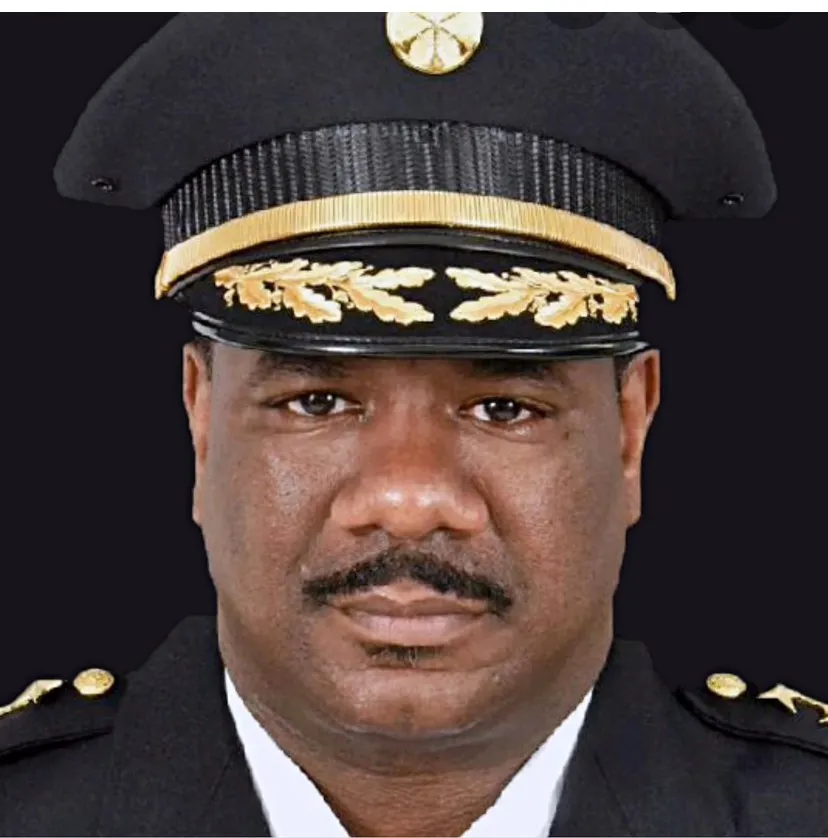
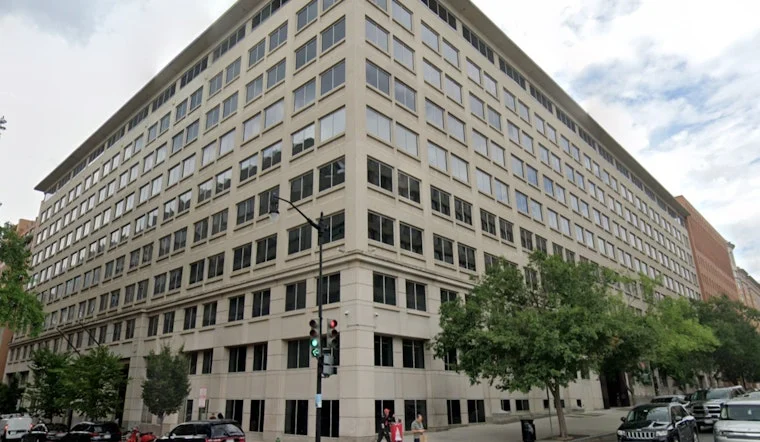
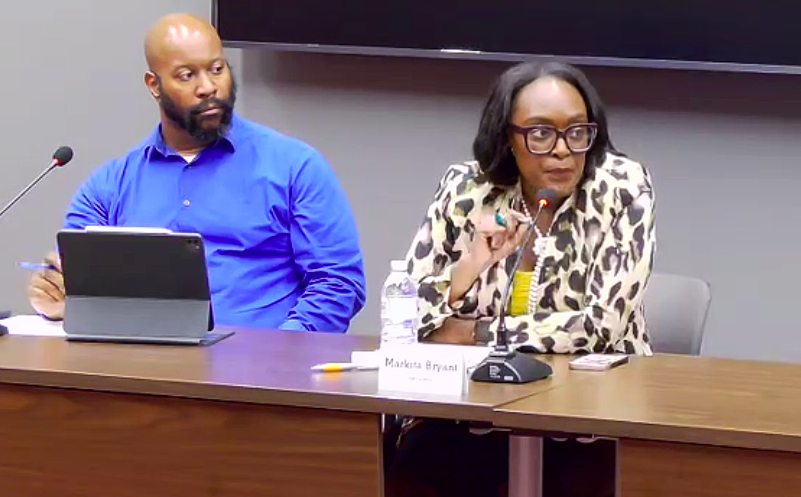

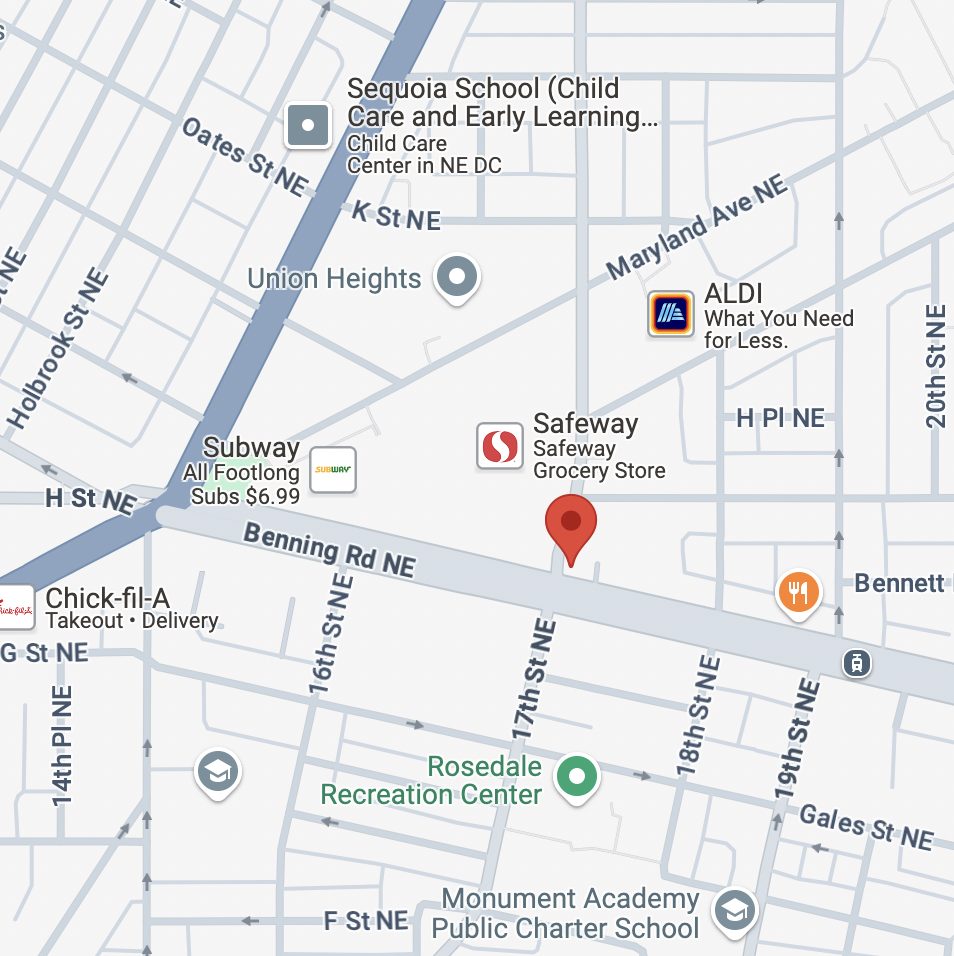
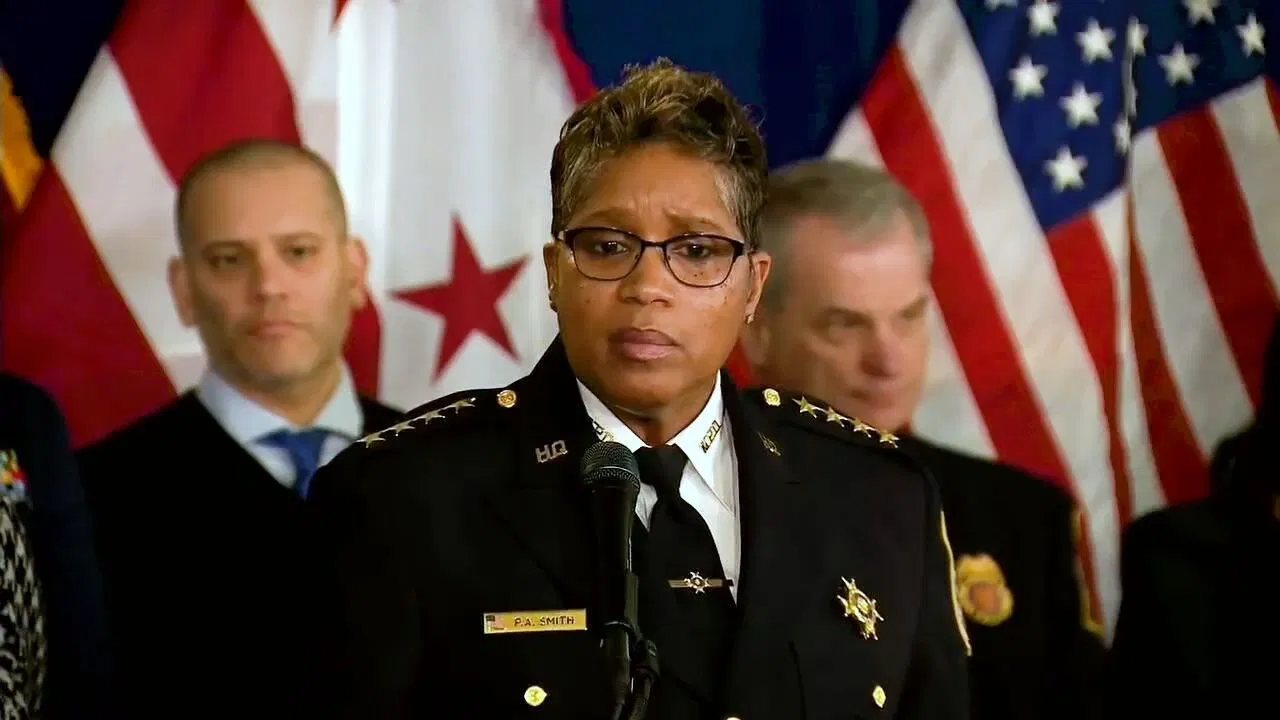

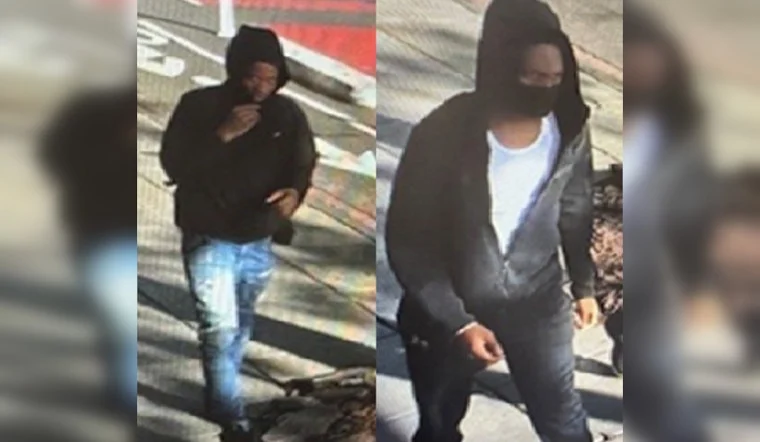
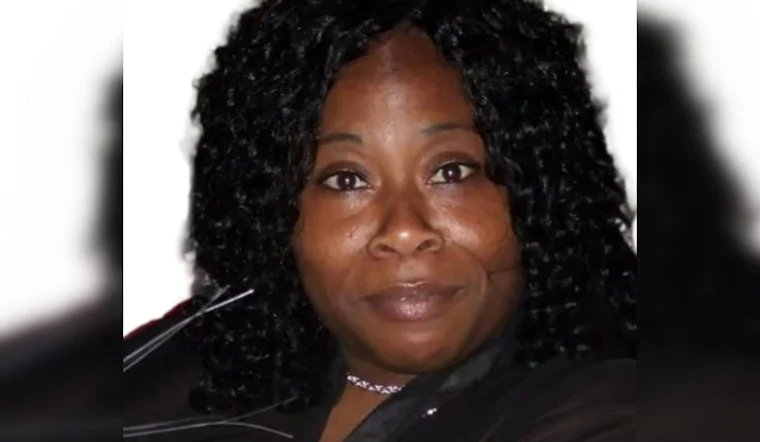
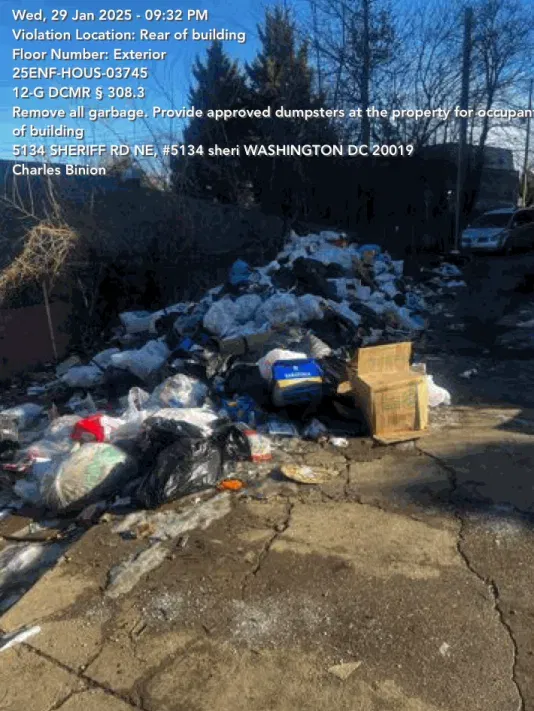
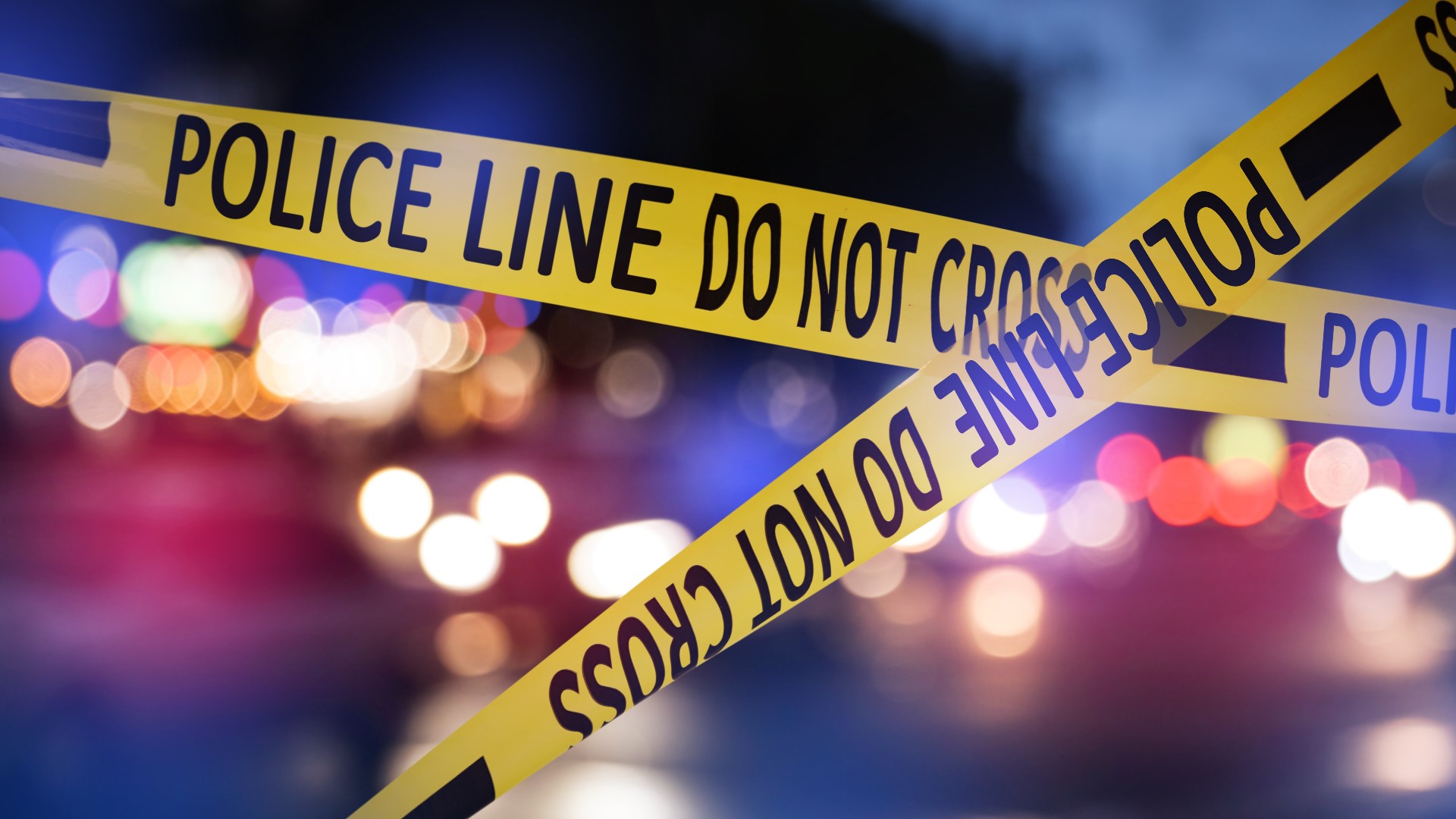
Leave a Reply